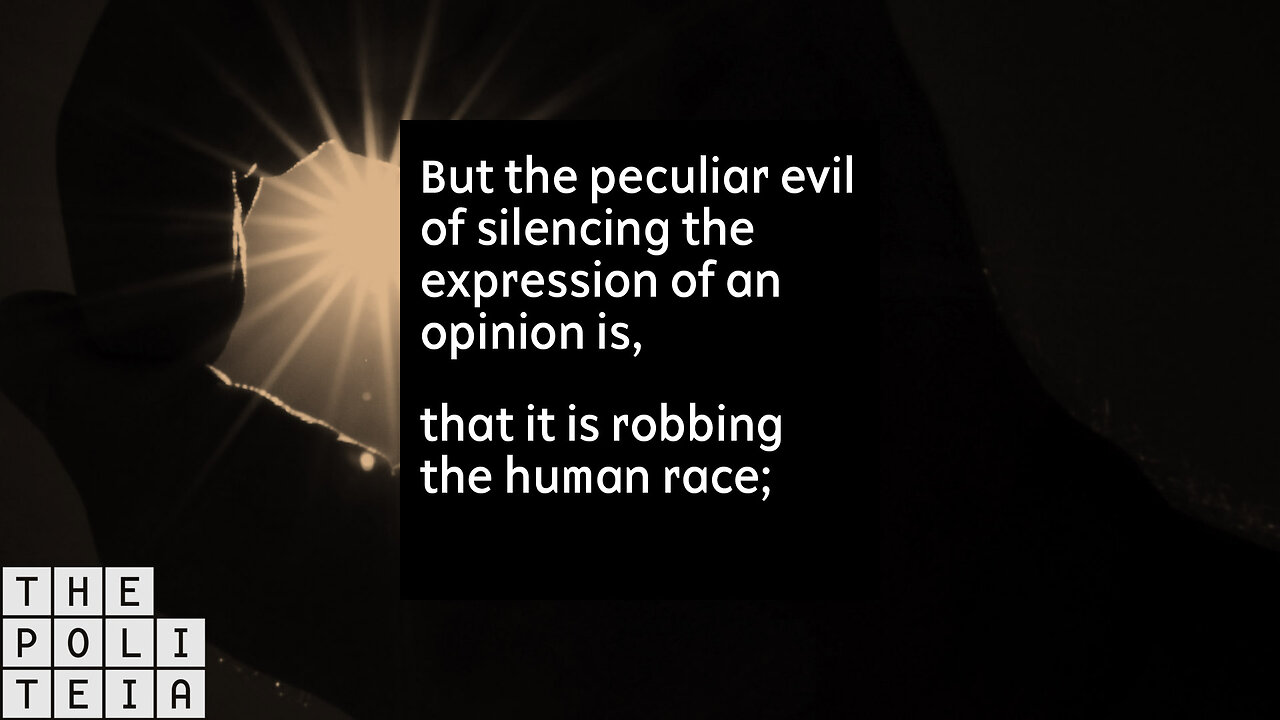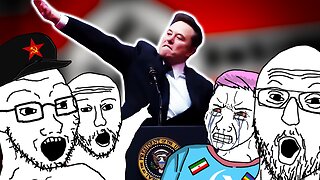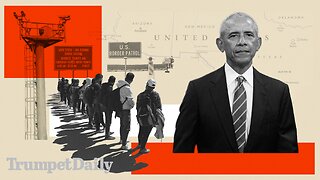Premium Only Content

John Stuart Mill, on the evil of silencing the expression of opinion, from “On Liberty” (1859)
Let us suppose, therefore, that the government is entirely at one with the people, and never thinks of exerting any power of coercion unless in agreement with what it conceives to be their voice. But I deny the right of the people to exercise such coercion, either by themselves or by their government. The power itself is illegitimate. The best government has no more title to it than the worst. It is as noxious, or more noxious, when exerted in accordance with public opinion, than when in opposition to it. If all mankind minus one were of one opinion, and only one person were of the contrary opinion, mankind would be no more justified in silencing that one person, than he, if he had the power, would be justified in silencing mankind. Were an opinion a personal possession of no value except to the owner; if to be obstructed in the enjoyment of it were simply a private injury, it would make some difference whether the injury was inflicted only on a few persons or on many. But the peculiar evil of silencing the expression of an opinion is, that it is robbing the human race; posterity as well as the existing generation; those who dissent from the opinion, still more than those who hold it. If the opinion is right, they are deprived of the opportunity of exchanging error for truth: if wrong, they lose, what is almost as great a benefit, the clearer perception and livelier impression of truth, produced by its collision with error.
-
 9:07
9:07
Bearing
7 hours agoElon Causes a Stir 🤣
1.17K19 -
 8:41
8:41
BIG NEM
20 hours agoMeet Tommy: He's a 40 Year Virgin
82 -
![EP. 151 - Become a Paid "Citizen Journalist" [your]NEWS - Meet Sam Anthony](https://1a-1791.com/video/fwe2/68/s8/1/T/E/Z/5/TEZ5w.0kob.2-small-Live-with-Restream-January-.jpg) 1:09:02
1:09:02
Kat Espinda
1 day agoEP. 151 - Become a Paid "Citizen Journalist" [your]NEWS - Meet Sam Anthony
6505 -
 1:00:21
1:00:21
Trumpet Daily
1 day ago $4.03 earnedWhy Do Migrant Criminals Love Obama So Much? - Trumpet Daily | Jan. 24, 2025
3.35K17 -
 55:39
55:39
PMG
18 hours ago $0.13 earnedDeep Sea Diver Explains Titanic and Space Shuttle Recovery Missions w/ Curt Newport
777 -
 2:02:29
2:02:29
Wahzdee
5 hours agoIs It Too Late to Git Gud at Warzone? 🎮🔥 - Early Morning Solos! S1E3
72.3K -
 2:04:36
2:04:36
I_Came_With_Fire_Podcast
13 hours agoCartels vs. America: Fentanyl's 2 Front Attack, and the Rise of CJNG
15.9K7 -
 2:50:03
2:50:03
BlackDiamondGunsandGear
18 hours agoLIVE SHOW / CMMG/ DLD AFTER DARK
18K -
 52:05
52:05
PMG
19 hours ago $6.60 earnedWhat Does Freedom Cost? Steven Solomon's On-the-Ground Documentary in Ukraine
56.2K9 -
 9:45
9:45
RTT: Guns & Gear
20 hours ago $0.69 earned1000 Rounds Of Awesome: Radical Defense Mk1 Mod 1 Patrol Rifle
30.3K2